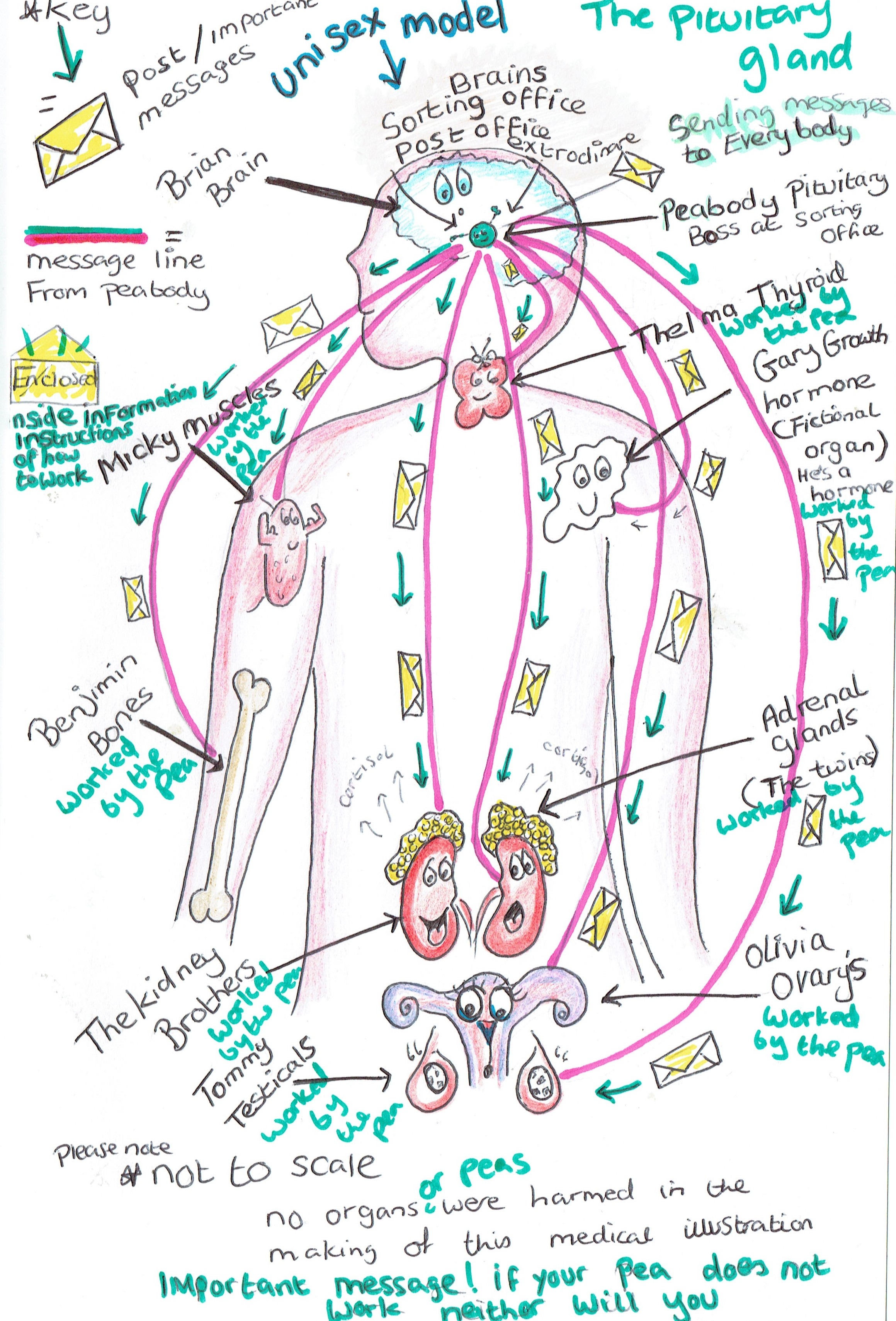Sometimes when I tell people what my daughter Molly has, they look at me blankly. They appear almost scared, like the strange word sounds too complicated to even think about it means.
That in and of itself makes me think, “Here we go again…”
When I start to explain, I wait for the, “I wish I never asked” look. The person usually switches off within the first few sentences if I don’t get it right.
I need to get it right. I want people to know what’s going on. Her illness is invisible, you see. Invisibility is hard to explain.
Not that everyone in the world needs my explanation — I’m not looking for sympathy. I would like people to understand why our lives are so different, and indeed why we sometimes look like a tired scarecrows.
We need to be aware of this conversation. One day, someone they know could potentially die from this condition if they remain untreated and undiagnosed. I have to make this thing as recognizable as diabetes, asthma and the common cold. I am a health activist! Yes, I have now admitted it.
So I’m not a scientist, a doctor, a nurse, nor anything close to that. I’m just a normal mum who finally has a diagnosis for her daughter. Seeing as it’s also a life-threatening condition, I have made it my business, as any parent would, to research it. In every dark corner of the universe. On every Google page, in every book, in every nice doctor’s brain.
Hypopituritsm. I mean the word is long and a bit silly. No muggle (non-scientist) would even relate the name to its problem. I’d like to call it “My brain’s pituitary gland is on the dole.” It doesn’t work, you see (the pituitary). It’s trying its best to work, but it just cant. It’s faulty/on strike.
So what does the pituitary gland do?
It’s a small pea-sized gland attached to your brain. Why make something that small do something that big? It effectively keeps you alive!
So here you have this small pea in your head. Look at it as the sorting office for the postal service. Every day all day long it is supposed to be sending messages/letters to your endocrine system.
What the hell is an endocrine system?
Let’s call that most of your insides. Your glandular system.
For example, it’s 4 a.m. Your body needs to start the waking up process. Your pituitary gland kindly sends a message to your adrenal glands (these sit on top of your kidneys). In turn they reply “good morning!” and release some cortisol (let’s call that petrol). This is the first fuel you need to start your day.
Your adrenals also have a big role in your immune system, your heart and blood pressure and many other things which keep you alive and healthy, the main big daddy of them all being your petrol! Cortisol! Without cortisol you would die. Simple. Cars need petrol to go. We need cortisol to live. Cortisol, by the way, is a natural steroid.

Not only does this small pea give petrol to you to live, it also makes you grow. It sends letters/messages to your system so you may release growth hormone. You don’t just need this to grow taller. You need it to keep your organs healthy. It repairs you every night. It regenerates you to sustain an optimal health level, among many other important things.
Your pea also helps your pee. It sends messages to your kidneys so they may filter your wee properly and stop it from going straight through, as well as some more technical stuff.
It sends messages to help release hormones to sleep. It also sends signals to your thyroid. This too has many functions in keeping your body on an even keel so you may have health, energy and a good metabolism. And some more technical stuff.
The pea! It also sends signals to your sex hormones so you may develop properly and reproduce if you so wish… and, you guessed it, some more technical stuff.
Those are the basics. Without your pituitary pea you are basically winging life in a human body. If your pea does not work, you are in some serious trouble.
With hypopituritism, the pea in your brain has signaling problems. It’s not doing its job. The letters are not reaching their destinations, leaving you open to some serious health issues. In summary, the pea = petrol, energy, life, reproduction, healthy waterworks, healthy heart. Healthy you.
I hope you can now understand a bit more my daughter’s rare condition.
…And that cartoon? It’s why I’m an artist and not a doctor.

